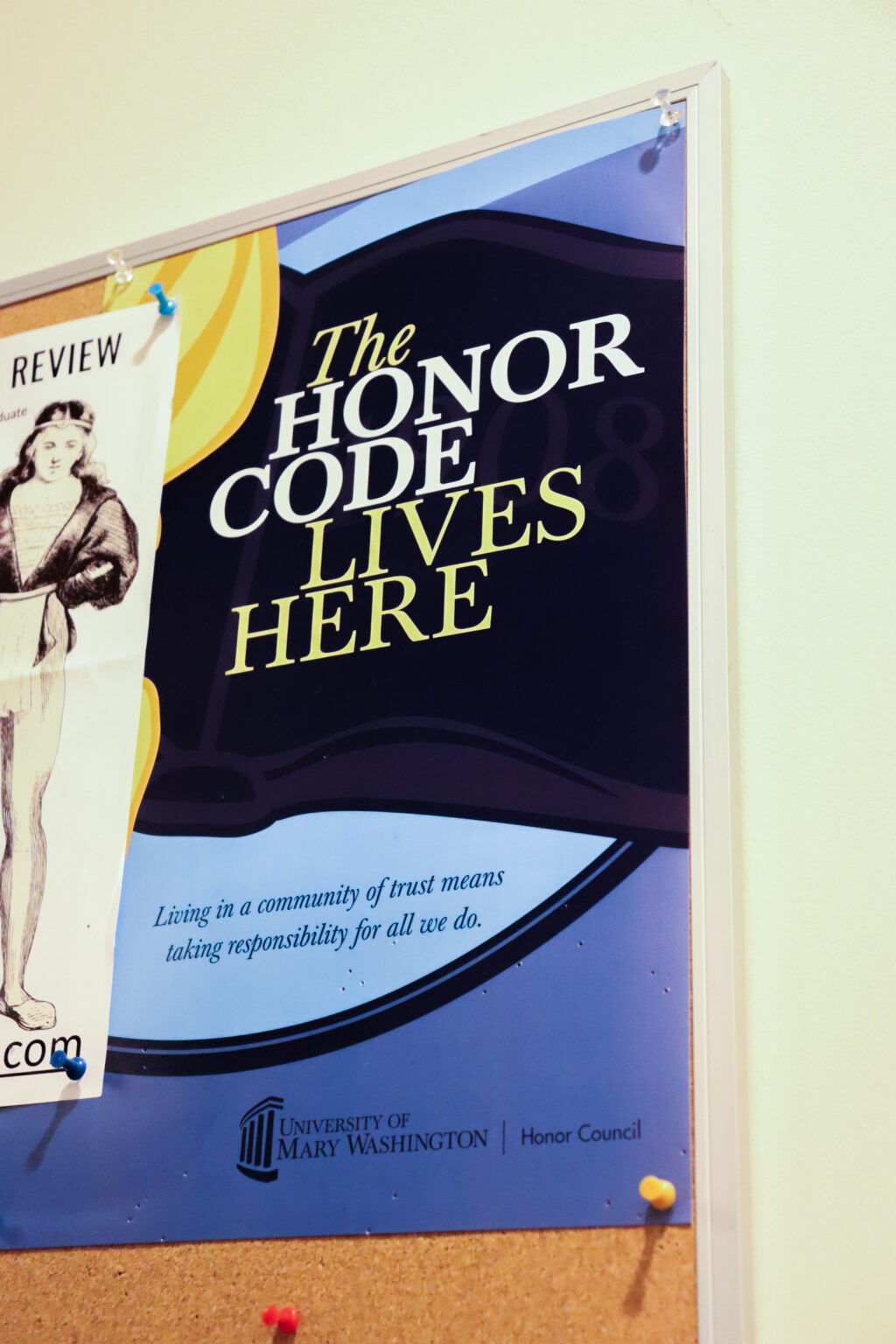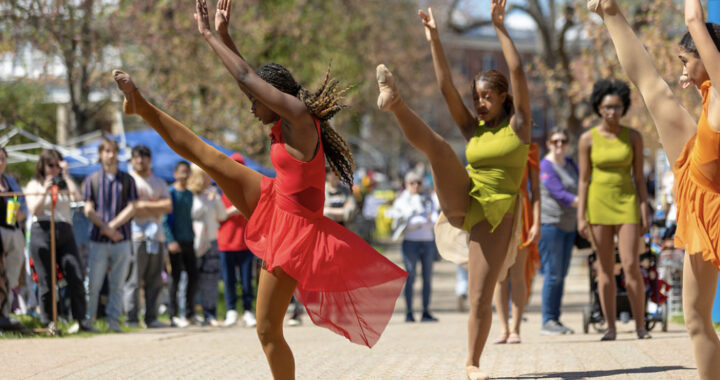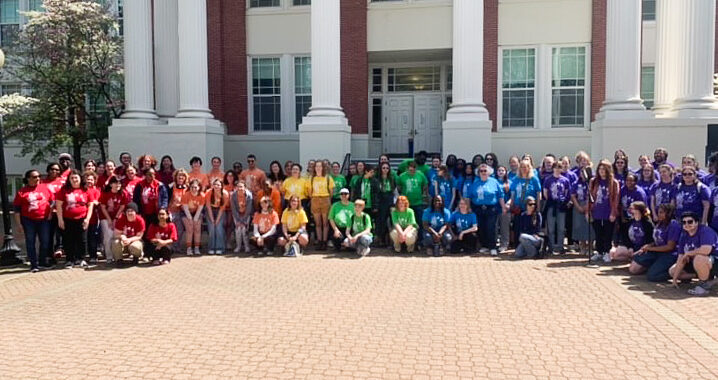Honor Council motion proposes new changes to Faculty Handbook regarding assignment expectations
4 min read
The Honor Code is an integral part of UMW. Sarah Sklar | The Weekly Ringer
PRIYA PATEL
Senior Writer
This semester, a new Honor Council motion has proposed changes to the Faculty Handbook, which would prohibit the use of automatic test proctoring systems and require professors to provide more explicit expectations to students on all assignments, among other changes. The motion is set to be discussed at the University Faculty Council’s next meeting on Nov. 30.
If approved, the revised Faculty Handbook would include the addition of “an explicit statement that faculty should let students know what actions are allowed or forbidden in their courses,” said David Rettinger, a professor of psychological science, who proposed these changes last semester. Rettinger also serves as the Honor Council faculty advisor and director of academic integrity programs.
“If the motion passes, students will gain a better understanding of what constitutes an Honor Code violation in their class,” said Honor Council President Abby Delapenha, a senior biomedical sciences major.
According to Rettinger, the current handbook only requires professors to make explicit statements on writing assignments, while the proposed changes would require these for all types of assignments.
“Many honor code violations occur on exams, homeworks, or other non-written assignments,” he said. “The new language also highlights the importance of explaining the rules in each course regarding collaboration, since there is wide variance between classes, leading to the possibility for confusion.”
The motion also proposes a policy that would prohibit the use of automatic test proctoring systems, which watch students’ activity to monitor for cheating. Some systems perform this by accessing all tabs open in a browser and anything else running on the device, while others use the camera to track eye movement.
“In theory, when those systems see something unusual like a student continually looking in a specific direction, the algorithm flags that student’s video for a human to review it for potential cheating,” said Zach Whalen, associate professor in the department of English, linguistics and communication and director of the digital studies minor.
Whalen is concerned about student privacy regarding automatic test proctoring systems.
“I haven’t used these systems, but I understand the problem they’re trying to solve and the reasons why some faculty may want to use them,” he said. “Tests are an important way to ensure that students are really learning the content. At the same time, students are entitled to their privacy, and I’m concerned about the way these systems have to invade students’ privacy in order to work. Machine vision systems are not perfect, and their errors have been shown to disproportionately misidentify people who are already marginalized.”
Rettinger also cited privacy concerns and flaws in the software’s performance as reasons to prohibit the use of automatic proctoring.
“Given the inequities and privacy concerns with automated proctoring systems, this policy is designed to encourage faculty to take an active role in student assessment rather than outsourcing this aspect of our job,” Rettinger said.
Whalen also believes using automatic test proctoring contradicts UMW’s honor system.
“And more generally, automatic test proctoring is based on the premise that students cannot be trusted, which in my view undermines the values of the honor system,” he said.
The changes would also give faculty clearer guidelines about grading students with honor code violations.
“The contents of the motion codify and clarify existing policy and practice for the situations when a case is in progress, a student is found responsible, and when a student is found not responsible,” Rettinger said. “The policy more explicitly reiterates faculty prerogatives in grading while still granting students the rights outlined in the Honor Constitution.”
If approved by the University Faculty Council, the changes to the handbook would still need to be reviewed by the Board of Visitors, which Provost Tim O’Donnell said would take place in late spring.
At their Oct. 19 meeting, the University Faculty Council decided to table the issue until the next meeting because the Faculty Handbook cannot be changed until the fall 2023 semester to ensure that the rules are consistent throughout the academic year. This will also allow the council to focus on more time-sensitive issues.
Rettinger also said that the process is taking longer because some faculty are against these changes.
Earlier this year, on March 31, Rettinger met with the University Faculty Affairs Committee to explain his rationale behind these changes. However, committee members were concerned that the changes are unnecessary and would restrict academic freedom in the classroom. The University Faculty Affairs Committee also disagrees with strictly prohibiting automated proctoring systems.
“While we understand that there are valid concerns with automated proctoring services, administrators should educate faculty about problems or shortcomings with these systems rather than imposing a strict rule for all faculty in all situations for future years,” the University Faculty Affairs Committee’s March 10 meeting minutes say. “It doesn’t seem appropriate to use the faculty handbook in a way that limits faculty professional discretion.”
The conversation between the University Faculty Affairs Committee and Rettinger ended with an agreement to disagree, and Rettinger decided to take the proposed Faculty Handbook changes to the University Faculty Council without support from the University Faculty Affairs Committee.











